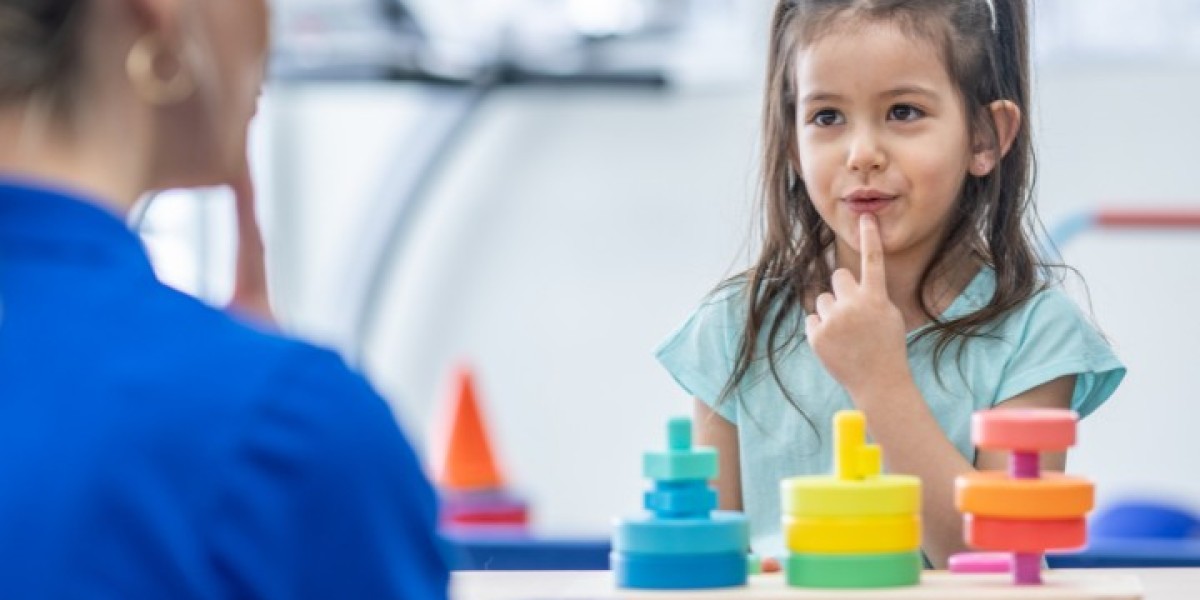Monitoring a child’s development is an essential part of parenting, and knowing what to expect at different ages can help ensure that children reach their full potential. Parents seeking guidance often turn to professionals and resources such as paediatric occupational therapy to understand the typical developmental milestones and address any concerns early. Early identification and support can make a significant difference in a child’s growth, learning, and confidence.
What Are Developmental Milestones?
Developmental milestones are skills or behaviours that most children are expected to achieve by a certain age. They provide a guideline for physical, cognitive, social, and emotional development. While each child develops at their own pace, understanding these milestones helps parents recognise potential delays or challenges.
Types of Developmental Milestones
- Physical and Motor Skills
- Gross Motor Skills: Involve large movements like crawling, walking, running, or jumping. Observing how a child moves and balances can indicate if their physical development is on track.
- Fine Motor Skills: Involve smaller movements, such as grasping objects, stacking blocks, or using utensils. These skills are essential for self-care and learning activities like writing.
- Cognitive Development
- This includes problem-solving, attention, memory, and understanding cause-and-effect. For instance, a child stacking blocks or sorting shapes demonstrates emerging cognitive skills.
- Social and Emotional Development
- Milestones in this area include recognising emotions, forming attachments, playing with peers, and showing empathy. Children gradually learn to manage emotions, take turns, and interact socially.
- Communication and Language Skills
- Speech, understanding, and non-verbal communication, like gestures, fall under this category. Listening, responding, and expressing needs are key indicators of language development.
Why Milestones Matter
Understanding developmental milestones allows parents and caregivers to:
- Track progress and celebrate achievements.
- Identify potential areas of concern early.
- Seek professional support if necessary, such as paediatric occupational therapy.
- Develop strategies to support growth at home and in school.
Signs a Child May Need Extra Support
Not all children who reach milestones later require intervention, but sure signs may indicate that a child could benefit from professional guidance:
- Persistent difficulty with coordination, balance, or fine motor tasks
- Limited social interaction or delayed communication skills
- Trouble following instructions or completing age-appropriate tasks
- High levels of frustration or avoidance during everyday activities
Early support can prevent challenges from becoming more pronounced and help children develop confidence and independence.
How Parents Can Support Development at Home
Parents play a crucial role in fostering development. Some practical strategies include:
- Encouraging active play to build gross motor skills
- Providing opportunities for drawing, stacking, or manipulating small objects to enhance fine motor skills
- Reading aloud and engaging in conversation to develop language skills
- Practising routines and social games to improve emotional regulation and social interactions
Regular observation and positive reinforcement help children feel motivated and supported as they reach new milestones.
When to Seek Professional Advice
If parents have concerns about their child’s development, consulting a paediatric occupational therapist or other developmental specialists can provide guidance. These professionals can assess the child, identify areas of need, and develop personalised strategies to support growth in a structured and effective way.
Final Thought
Understanding early developmental milestones equips parents with the knowledge to support their child’s growth confidently. While children reach milestones at different rates, recognising the typical stages helps ensure timely intervention when needed. Early support, whether through structured play, daily routines, or professional guidance like paediatric occupational therapy, can make a lasting difference in a child’s development, learning, and overall well-being.






